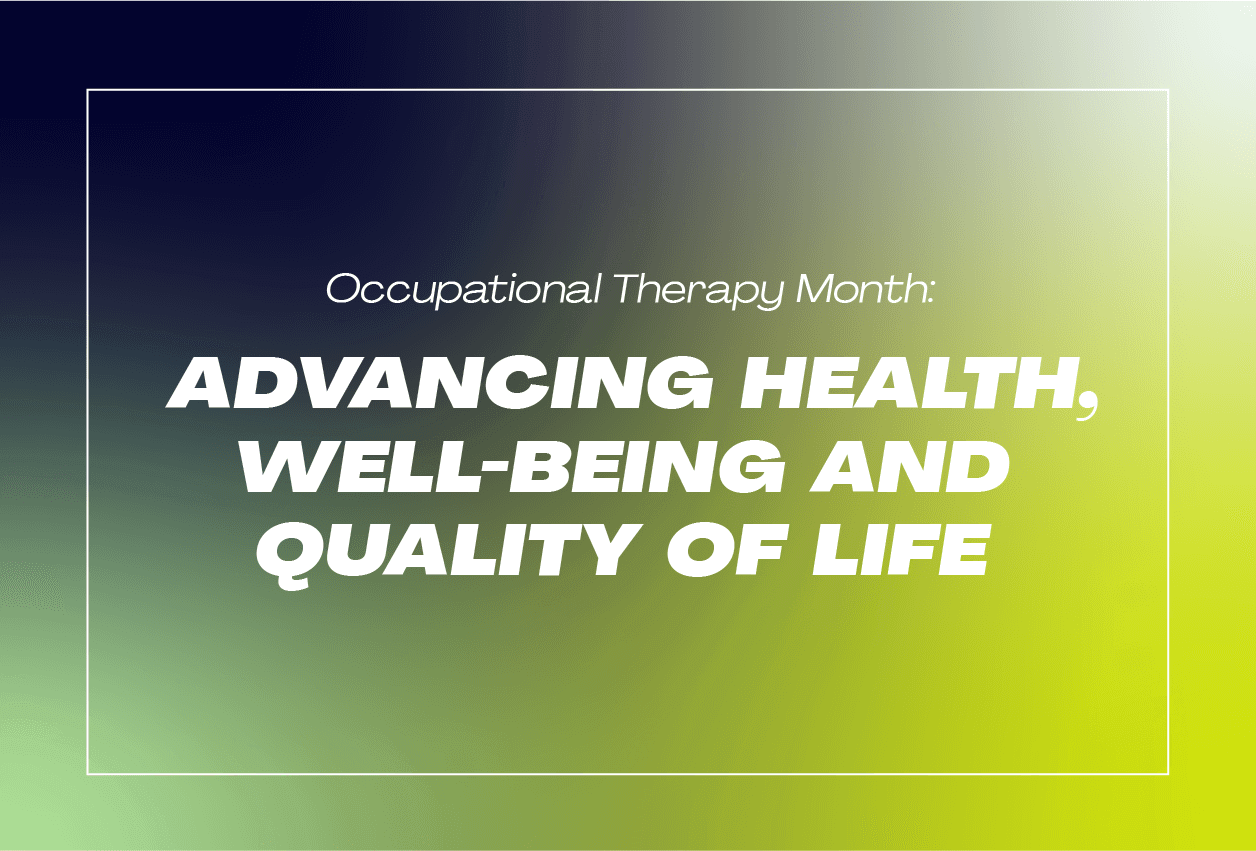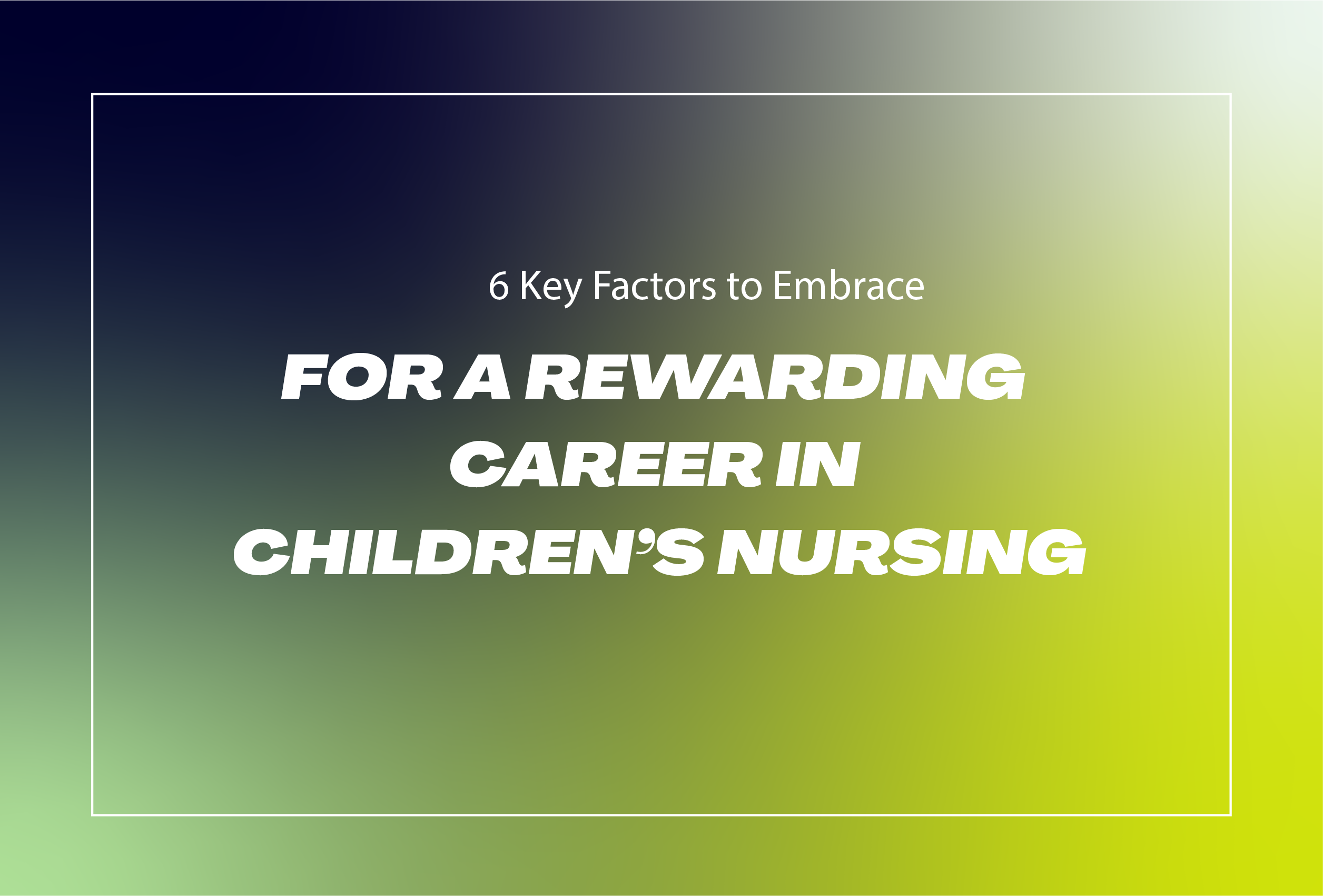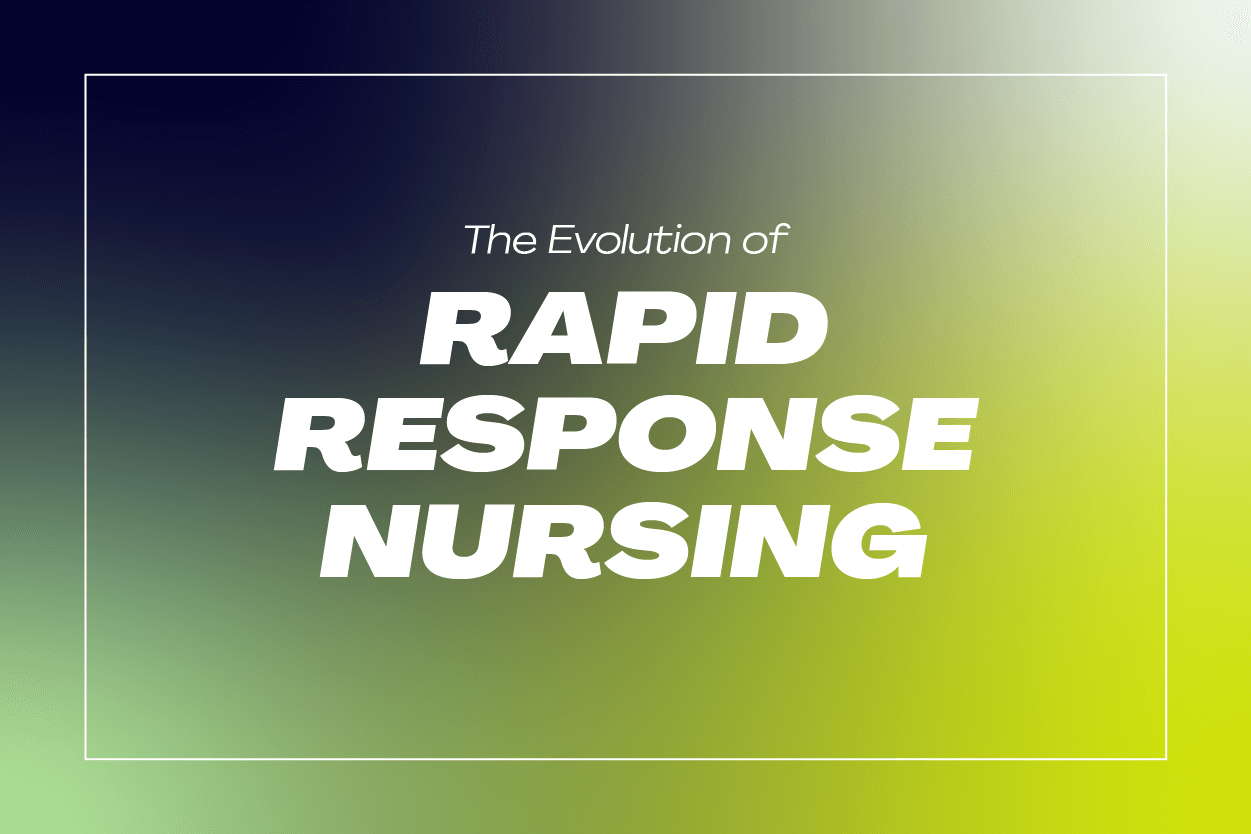In England, primary care nursing services are the first to deliver care to patients in general practices and healthcare facilities.
From obtaining blood samples to sexual health services, child immunisations to vaccinations, the life of a Practice Nurse is challenging, yet always rewarding.
A little birdy told us; you want to improve, advise and even save a life as a General Practice Nurse. Is that true? If it is, you're in the right place.
Get ready to take notes, the beginning of your new career starts here.
Checklist
According to the NHS, to be a General Practice Nurse, you need to be great at:
- Listening and communication
- Problem-solving
- Good judgement
- Offering service
General Practice Nurses are great at their job because they demonstrate critical thinking, decision making and can manage several patient’s health at once.
Hot Tip: Ask your family and friends to describe your best traits.
Be committed
Preparation is crucial for the role you are about to embark. Knuckle down; this is where it becomes serious.
First things first, GCSE English, maths and science (usually human biology or biology) are required. At least two (usually three) A-levels or equivalent qualifications at level 3 are needed. You should call the university to find out if the requirements equivalent to A-levels or GCSE's, are accepted.
All nursing courses will often specify any preferred A-levels or equivalent subjects you may need, to be accepted. For those who don't have the entry requirements, this isn't the end of your career. Some universities offer a foundation course on top of the course itself, for those who don't have the necessary qualifications.
Plan B
What if you could experience the life of a General Practice Nurse, without stepping into university right away? After your A-levels / level 3 qualifications, sharpen your senses and join the industry as a healthcare assistant (HCA) or as an assistant practitioner.
The more related experience you have working in clinical environments, the more knowledge of the industry you have, the better your skillset will be, as well as the more networking you can do.
Most importantly, the experience will provide an insight into your potential future.
Memorise, demonstrate and repeat
There are six core values all NHS staff are expected to demonstrate. When applying for a Nursing Degree, you need to provide examples of how you would utilise the values of the NHS Constitution, in your everyday work. When applying for a job directly in the NHS, or through an organisation that provides NHS services, you'll need to do the same.
The six core values are:
- Working together for patients
- Respect and dignity
- Commitment to quality of care
- Compassion
- Improving lives
- Everyone counts
Think about any relevant work experience, volunteering or life experiences you can use in your interview and university degree application.
Hot Tip: Thanks to Health Education England (HEE), you can learn to champion the values and behaviours of the NHS via a free online tool.
Let's apply
Are you ready? It's time to apply to a full-time nursing course through UCAS. For part-time courses, directly contact the university to find out their application procedures.
To thrive, you need to specialise in one of the following:
• Adult nursing
• Children's nursing
• Learning disability nursing
• Mental health nursing
Research, finalise, and develop your speciality.
The average nursing degree takes three years to complete, longer on a part-time basis and fast- track courses last two years.
Throughout the course, half of your time will be spent studying, and the other 50% will be gaining practical, supervised experience in a range of healthcare settings.
3 Years later
Three years have passed, and you're a qualified nurse. Are you wondering what to do next? Register with NMC (Nursing & Midwifery Council), and then apply for further training.
In other words, you need to complete a Post-Graduate degree in a specialist subject to ensure you have the experience, skillset and knowledge to succeed as a General Practice Nurse.
Once you have registered with NMC, you can apply for a Practise Nurse role, but a lot of surgeries would prefer if you had prior experience. A great place to start would be to gain experience in A&E or within community/district nursing. A lot of what a community nurse sees would be seen in the surgery by the practice nurse if the patient was mobile and able to get to the surgery.
Surgeries tend to look for individuals who either have an interest in, or previous experience in managing chronic disease (COPD, diabetes, heart failure or asthma), wound care, leg ulcer management or health screening to name a few!
It's time
You've worked hard to become the General Practice Nurse you need to be for your patients. Now it's time to put in practice what you've learnt throughout your training.
At the beginning of your career, start applying to work in GP surgeries as part of their healthcare team, and once you feel more comfortable, begin to branch out to other healthcare facilities.
A year into your new chapter as General Practice Nurse, our nursing recruitment division will be ready to talk to you and help you find the perfect locum role that suits your needs.
After obtaining a year's worth of experience as a General Practice Nurse, our nursing recruitment division will be ready to talk to you and find you the perfect
primary care nursing role that suits your needs.











